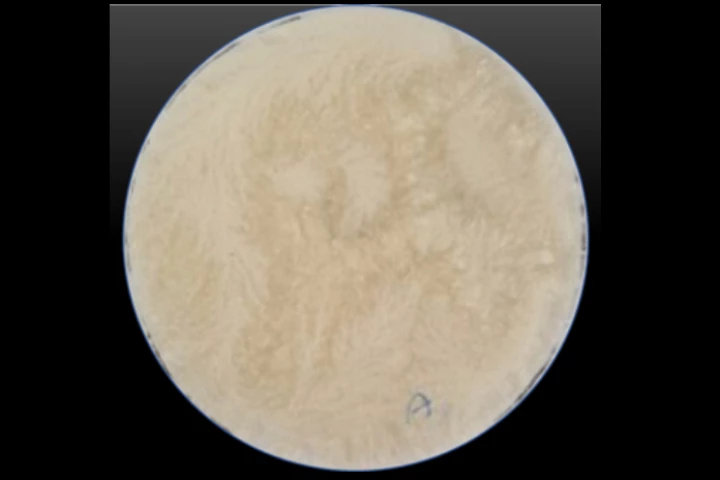Indian Institute of Technology
-
Whether they're in cars, buildings or airplanes, most of today's noise-blocking acoustic tiles are made of petrochemical-derived foam. A more eco-friendly alternative may be on the way, however, in the form of seaweed-derived membranes.
-
While autoclaves are considered essential for sterilizing medical equipment in First World health care facilities, they're often not available in developing nations where access to electricity is limited. A new solar-powered autoclave may be the answer to that problem.
-
When bacteria colonize the surface of items such as medical implants, they form antibiotic-resistant coatings known as biofilms. Scientists have devised a new way of removing such films, and it involves magnetically steering augmented tea plant buds.
-
Graphene hogs all the headlines about two-dimensional materials, but it might just be the beginning. Researchers have now isolated a 2D form of the soft metal gallium, dubbed "gallenene," which could make for efficient, thin metal contacts in electronic devices.
-
Did you know that the superabsorbent polymers used in sanitary napkins can take up to 500 years to degrade? Those polymers can also cause toxic shock syndrome. Now, however, scientists have developed an alternative which they claim is more environmentally-friendly, safer and more effective.
-
Detection of E. coli bacteria involves tests that typically take several hours, and must be performed in a lab. That could soon change, however, as scientists have developed a portable sensor that can do the job in 15 to 20 minutes.
-
A new study suggests that the carbon-based waste material given off by burning candles could be suitable for use in larger, more powerful lithium ion batteries such as those used in electric cars.






